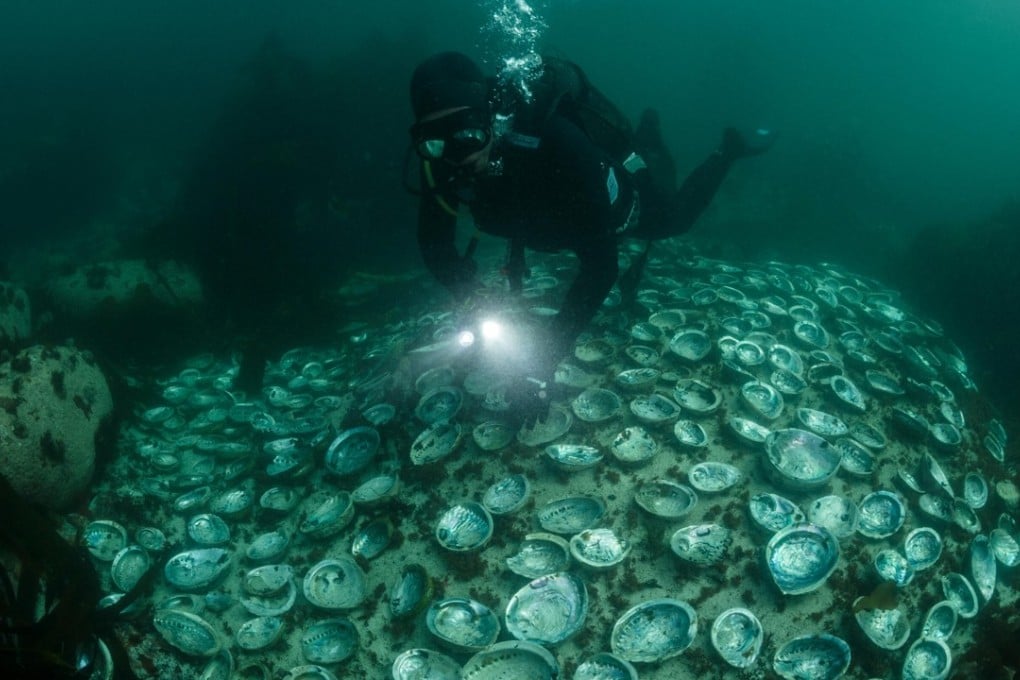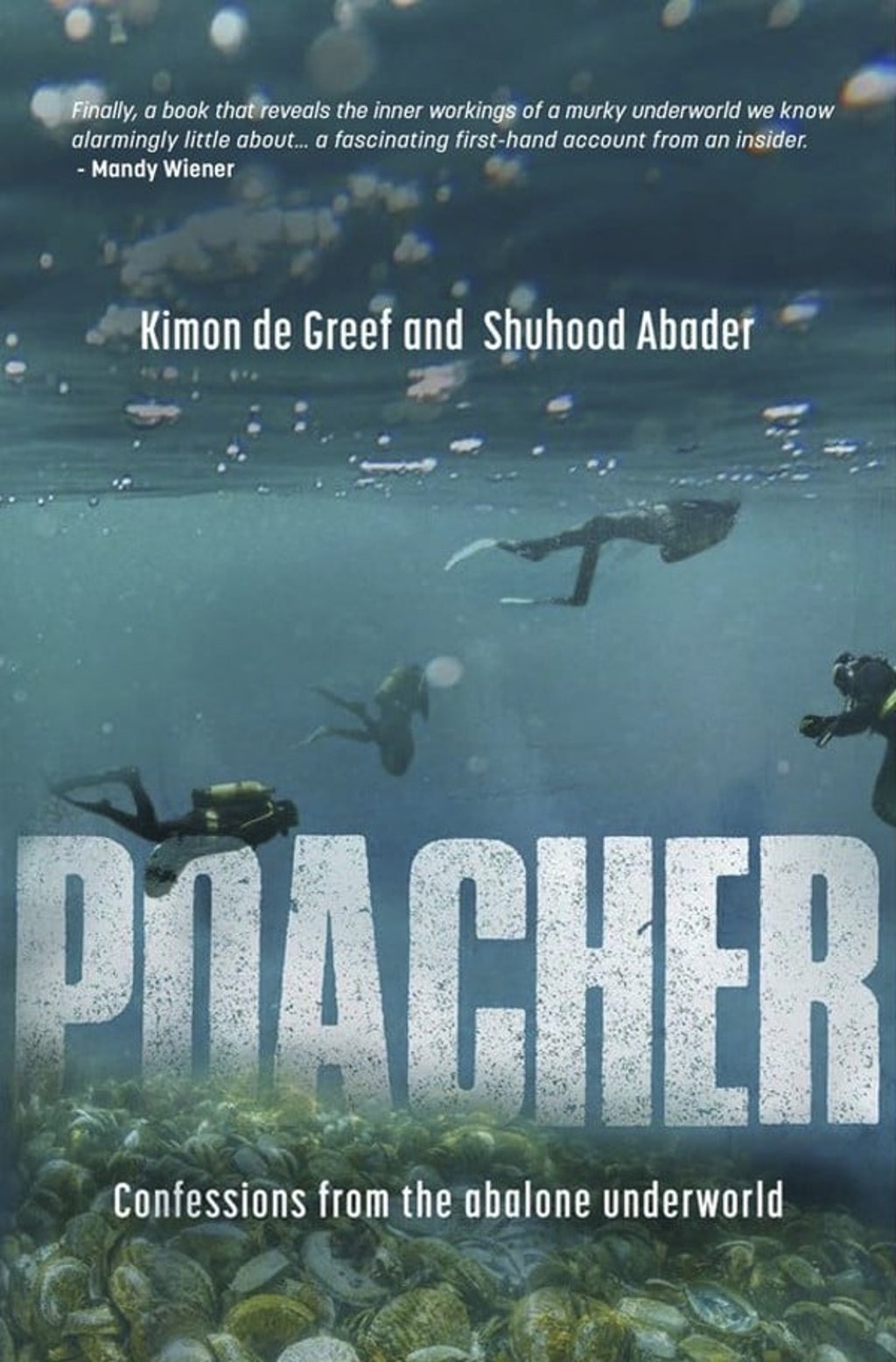Review | Poacher: journalist Kimon de Greef’s study of illegal abalone trade suffers from narrow world view
With Chinese demand fuelling the illicit trade, the otherwise engaging book’s message would have benefited from a broader perspective

Poacher: Confessions from the Abalone Underworld
by Kimon de Greef and Shuhood Abader
Kwela
Abalone, a large marine snail and a mainstay of Cantonese cuisine and high-end Chinese banquets, is found on the coastlines of every continent except Antarctica. Yet, in recent years, South Africa has become the largest supplier of the dried abalone sold and eaten in Hong Kong.

While this may be little more than an intriguing statistic for many in Hong Kong, to those concerned about overfishing – or even just keeping abalone on restaurant menus – it is part of a worrying trend of poaching involving criminal gangs.
Last month, wildlife trade monitoring network Traffic issued a report that found South Africa’s coasts have been illegally stripped of at least 96 million abalone over the past 18 years, with 9.6 million poached in 2016 alone. Hong Kong imports about 90 per cent of all dried South African abalone, the report added.
By following the lives of those at the bottom of the food chain, Poacher reveals the desperation but also the excitement that draws many poor Africans to this trade, as well as the dangers involved. It is filled with captivating scenes as poachers seek out new abalone populations to satisfy the demands of Chinese buyers, at times, perhaps, relying too heavily on these anecdotes as it struggles to find a balance between memoir and exposé.
